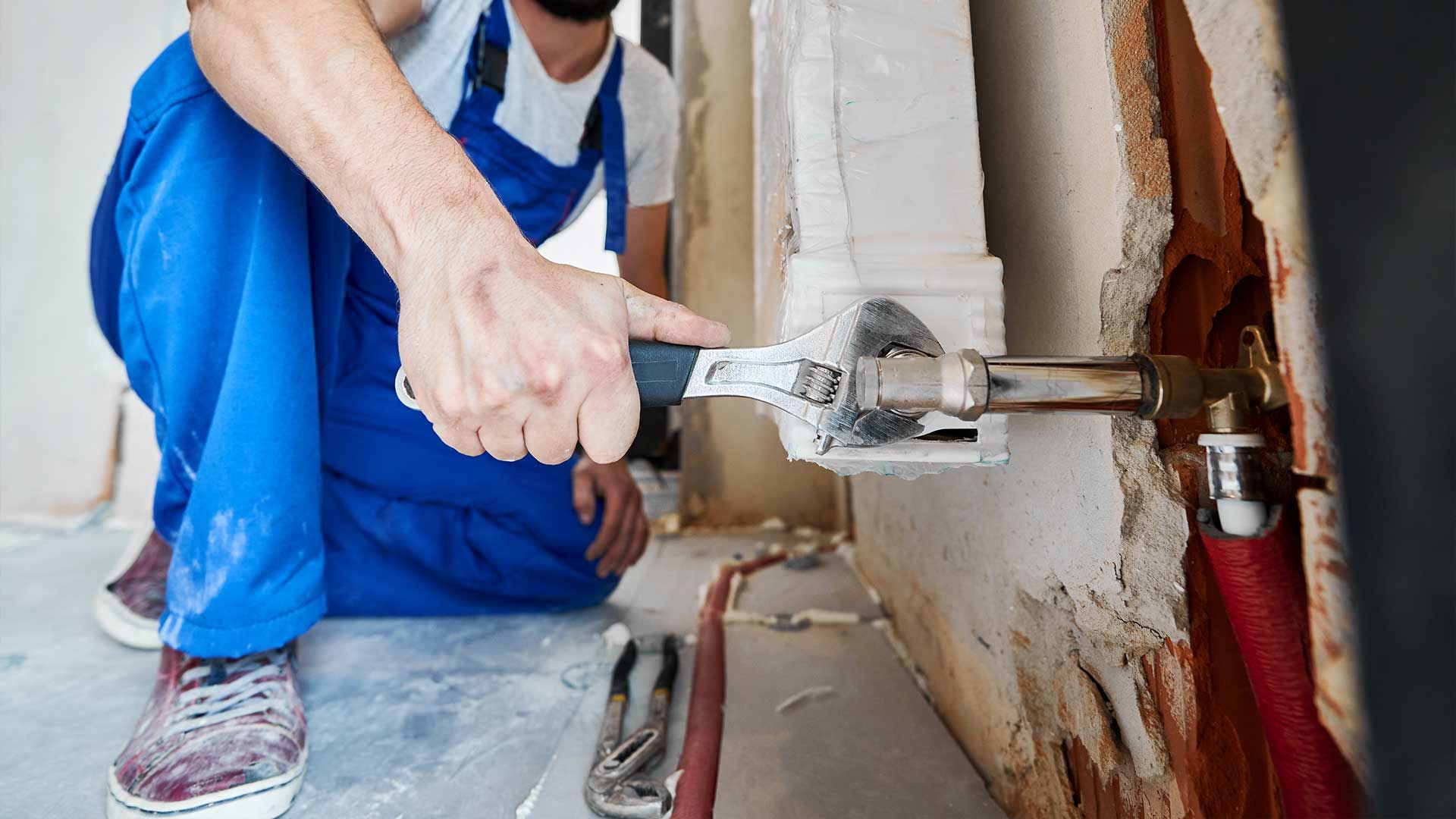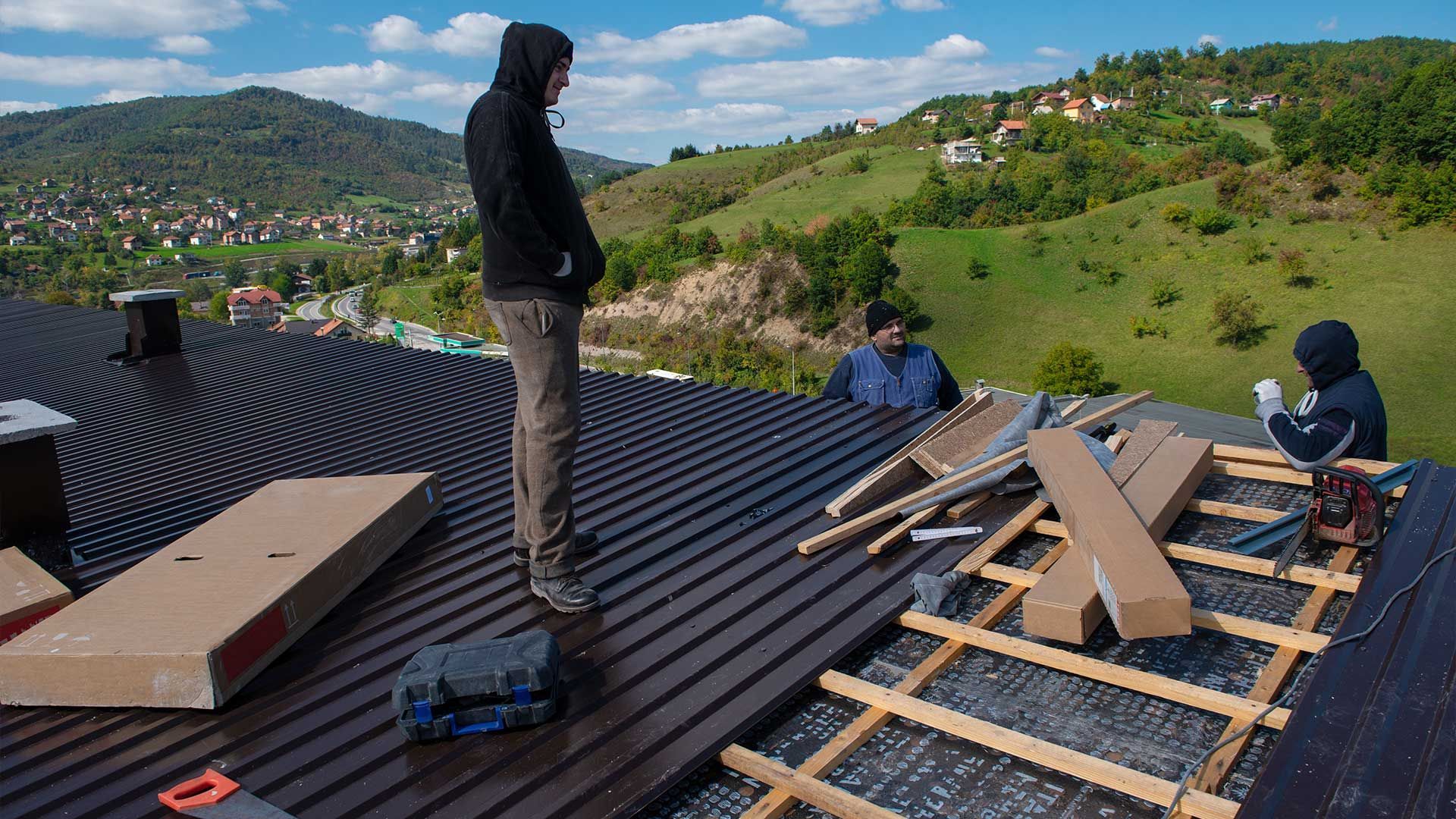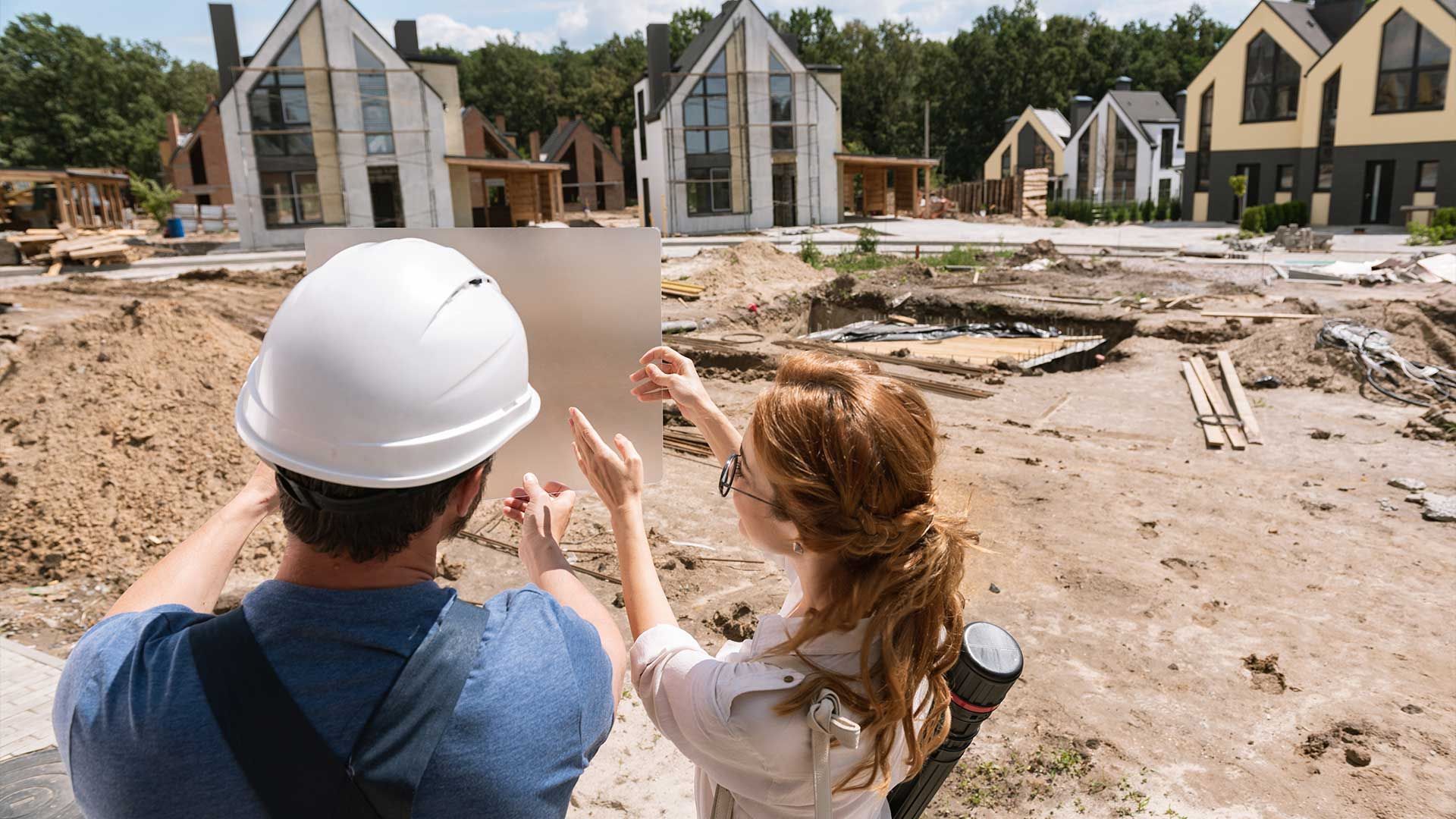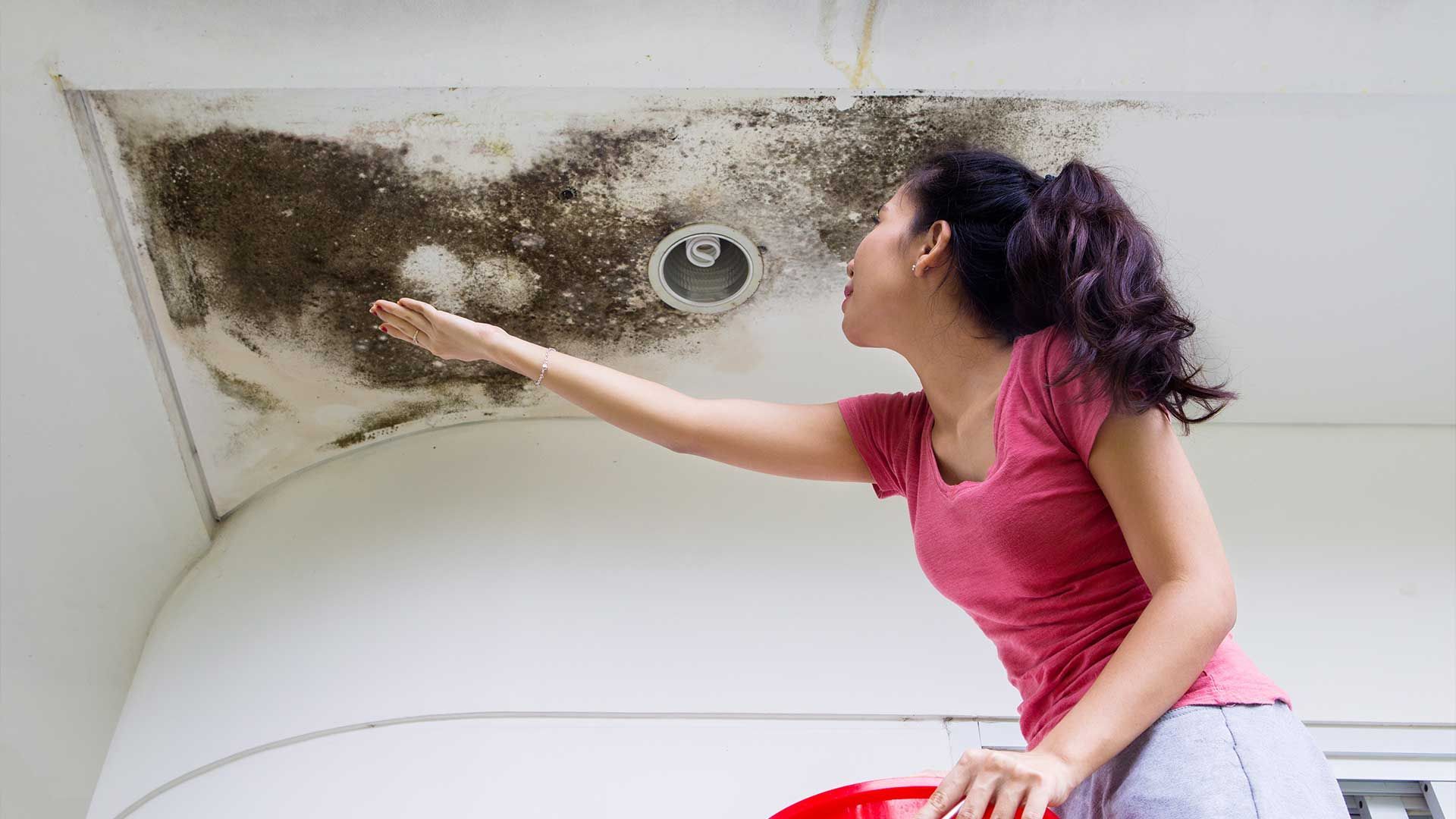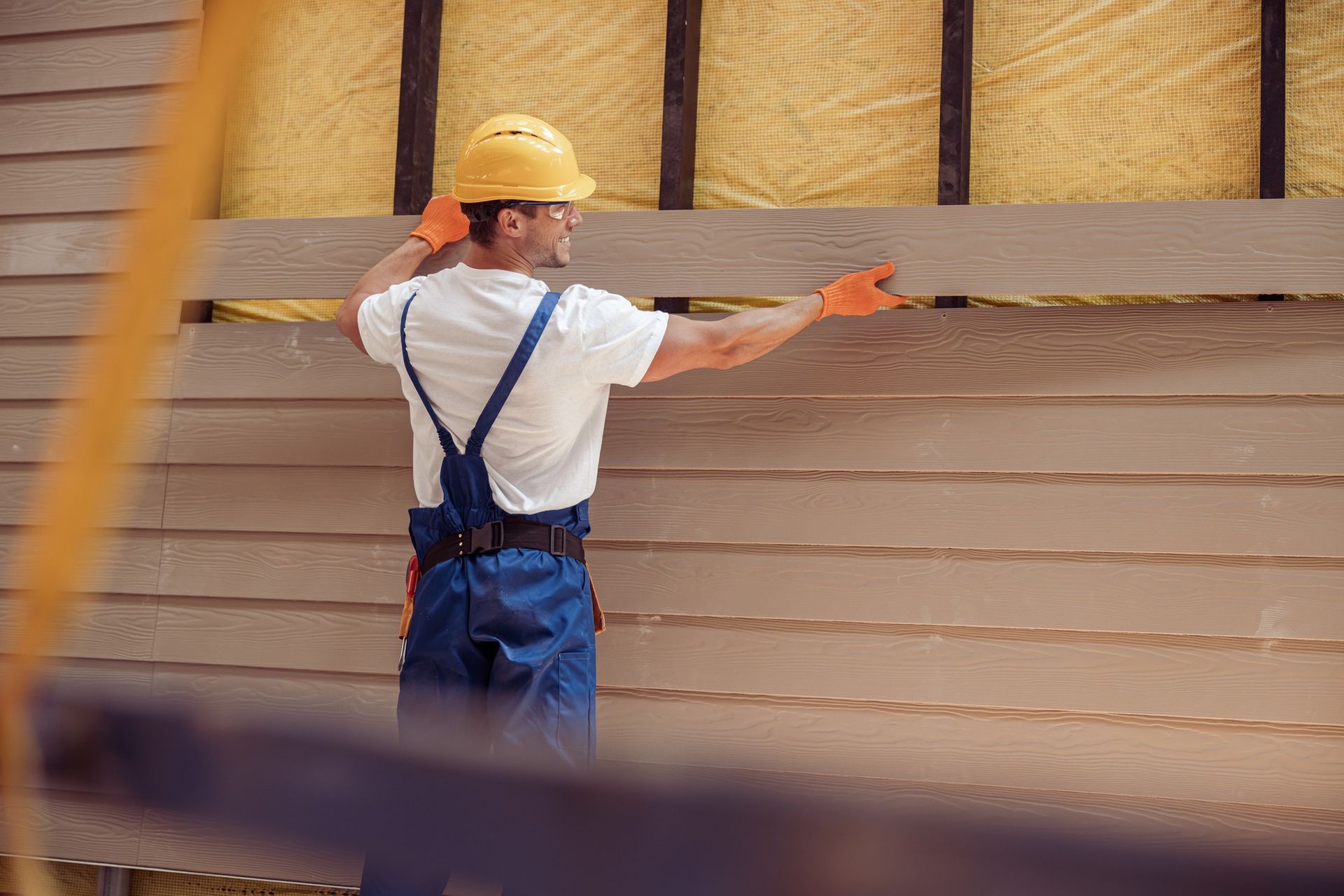The Ultimate Kitchen Renovation Checklist: From Planning to Completion
Renovating a kitchen is an exciting and transformative project that can breathe new life into your home. However, without proper planning and organization, it can quickly become overwhelming. To ensure a successful kitchen renovation, it's important to follow a comprehensive checklist that covers all the essential steps from start to finish.
In this guide, we'll take you through the ultimate kitchen renovation checklist, providing valuable insights, tips, and considerations to help you achieve your dream kitchen.
Define Your Goals and Budget
Before diving into any renovation project, it's crucial to clearly define your goals and establish a realistic budget. Consider your needs, desires, and lifestyle to determine the primary focus of your kitchen renovation. Are you looking to enhance functionality, update the design, or both? Assess your financial situation and set a budget that aligns with your goals.
Gather Inspiration and Design Ideas
Browse home magazines, websites, and social media platforms to gather inspiration and design ideas for your new kitchen. Create a mood board or folder to collect images, colors, materials, and styles that resonate with your vision. Consider factors such as the layout, cabinetry, countertops, flooring, lighting, and appliances. This research will help you communicate your preferences to contractors and designers.
Hire a Professional Team
Unless you have extensive experience in construction and design, it's highly recommended to
hire a professional team for your kitchen renovation. Seek reputable contractors, architects, and interior designers who specialize in kitchen renovations. Request references, view portfolios, and conduct interviews to ensure they align with your vision and requirements. A professional team will provide expertise, guidance, and a smooth renovation process.
Create a Detailed Floor Plan
A well-thought-out floor plan is the foundation of a functional kitchen. Work with your designer or architect to create a detailed plan that maximizes space, facilitates efficient workflow, and meets your specific needs. Consider the work triangle concept, which connects the three primary kitchen areas: the sink, stove, and refrigerator. Incorporate ample storage, countertop space, and adequate clearance for easy movement.
Select Materials and Finishes
Choose materials and finishes that not only match your aesthetic preferences but also offer durability and functionality. Select high-quality cabinetry, countertops, backsplashes, flooring, and fixtures that can withstand the demands of a kitchen environment. Consider factors such as maintenance requirements, stain resistance, heat resistance, and ease of cleaning. Consult with your designer or contractor for expert advice on suitable materials for your project.
Plan for Lighting and Electrical
Proper lighting is essential in a kitchen, as it enhances functionality, safety, and ambiance. Assess your lighting needs and plan for a combination of task lighting, ambient lighting, and accent lighting. Consider the placement of fixtures, switches, and outlets to ensure convenient access and optimal functionality. Work with an electrician to ensure the electrical system can support your lighting requirements and any additional appliances or gadgets.
Obtain Permits and Approvals
Depending on the scope of your kitchen renovation,
you may need to obtain permits and approvals from local authorities. Research the building codes and regulations in your area and consult with your contractor to ensure compliance. Failing to obtain necessary permits can lead to legal complications and difficulties during the renovation process. Your contractor can guide you through the
permit application process and ensure all necessary inspections are scheduled.
Demolition and Preparation
Once you have finalized your plans and obtained the necessary permits, it's time to prepare your kitchen for renovation. Clear out the space, removing all appliances, furniture, and personal belongings. Protect adjacent areas from dust and debris by sealing off doorways and covering furniture and floors. Take necessary precautions to ensure the safety of yourself and your home during the demolition phase.
Plumbing and Electrical Updates
Before installing new fixtures and appliances , it's important to address any necessary plumbing and electrical updates. Work with licensed professionals to ensure that your plumbing and electrical systems meet the requirements for your new kitchen layout. This may involve relocating plumbing lines, installing new outlets, or upgrading electrical panels. By addressing these updates early in the renovation process, you can avoid potential issues and ensure that your kitchen is equipped with the necessary infrastructure for optimal functionality.
Installation of Cabinetry and Countertops
Cabinetry and countertops play a crucial role in both the functionality and aesthetics of your kitchen. Coordinate with your contractor or cabinet supplier to schedule the installation of your chosen cabinetry. Ensure that the cabinets are properly leveled and securely attached to the walls. Once the cabinetry is in place, the countertops can be installed. Whether you opt for granite, quartz, or another material, professional installation is essential to ensure a precise fit and a polished finish.
Flooring Installation
The choice of flooring in your kitchen should be durable, easy to clean, and resistant to moisture. Whether you prefer tile, hardwood, vinyl, or laminate, professional installation is recommended to ensure a smooth and level surface. The flooring installation process involves proper preparation of the subfloor, precise measurements, and meticulous attention to detail. A professional installer will ensure that the flooring is installed correctly, providing a solid foundation for your kitchen design.
Painting and Finishing Touches
Once the major components of your kitchen renovation are complete, it's time to add the finishing touches. Painting the walls, trim, and ceiling can completely transform the look of your kitchen. Choose colors that complement your chosen cabinetry and countertops while creating the desired atmosphere. Install backsplashes, lighting fixtures, and other decorative elements to enhance the overall design. Pay attention to details such as hardware, handles, and knobs, as these small additions can significantly impact the final look of your kitchen.
Final Inspections and Clean-up
Before you can fully enjoy your
newly renovated kitchen, it's important to schedule final inspections to ensure that all work has been completed according to code and regulations. Contact the appropriate authorities or hire an independent inspector to conduct a thorough inspection. Once the inspections have been passed, you can proceed with the final clean-up. Remove any construction debris, dust, and leftover materials to reveal the full beauty of your new kitchen.
Enjoy Your Dream Kitchen
With the completion of your kitchen renovation, it's time to sit back, relax, and enjoy your newly transformed space. Take pride in the functionality, aesthetics, and personal touches that make your kitchen uniquely yours. Host family gatherings, prepare delicious meals, and create lasting memories in a kitchen that truly reflects your style and meets your needs.
Conclusion
Kitchen renovation is an exciting endeavor that requires careful consideration and planning. By following this comprehensive checklist, you can navigate through each step of the process with confidence. Remember to set clear goals, establish a realistic budget, and enlist the help of professionals when needed. Seaboard Building & Restoration, Inc. is here to support you in transforming your kitchen into a space that exceeds your expectations.
With our expertise and commitment to excellence, we ensure a seamless renovation experience from start to finish. Contact us today at 856-534-0132 to discuss your kitchen renovation project and let us bring your vision to life.
